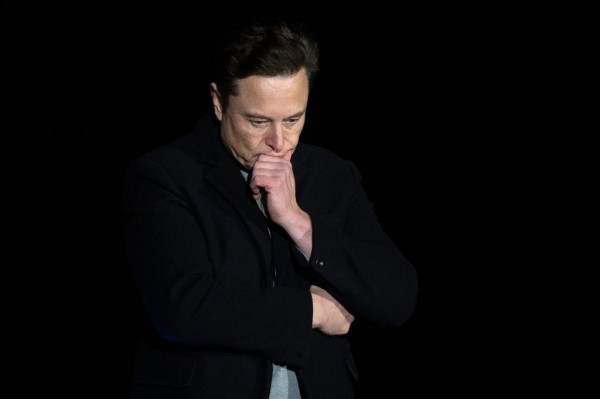Elon Musk has developed a satellite network to provide international data and communications services in his free time, while he isn’t operating Tesla. Nearly 3,000 satellites for the Starlink service were sent into low-Earth orbit by Musk’s SpaceX rockets. Compared to previous satellites that operate far higher above the planet, the service can provide data with a lot shorter lag time.
The technology has the ability to deliver an internet connection to users in off-the-grid locations all over the globe. By enabling Ukrainian commanders to retain secret communications with their forces, it has also shown its military utility in Ukraine’s resistance to Russia’s invasion. However, a conflict over ownership of the radio frequencies used to transmit data from Musk’s Starlink system has just come to a head.
Dish Networks and RS Access are attempting to share the spectrum that SpaceX utilizes for its ground-based operations. RS Access is supported by Michael Dell’s private investment company. In a tweet, Musk referred to the corporations’ submissions to the Federal Communications Commission as “very nasty and immoral.”
SpaceX Senior Director of Satellite Policy David Goldman encouraged the FCC to “examine whether DISH and RS Access issued knowingly deceptive filings” in further in-depth remarks. In 2019, Dish stated that concurrent spectrum sharing “is not practicable in the 12 GHz Band,” according to Goldman.
The disagreement is a component of an ongoing FCC regulatory initiative. As other satellite communications businesses try to copy Starlink’s services, the problem is expected to become more crucial. The FCC specifically approved Amazon.com’s Kuiper project, which calls for a network of more than 3,000 satellites in 2020. It has revealed intentions to launch 83 times over the course of five years to place its satellites in space.
Source: The Street

